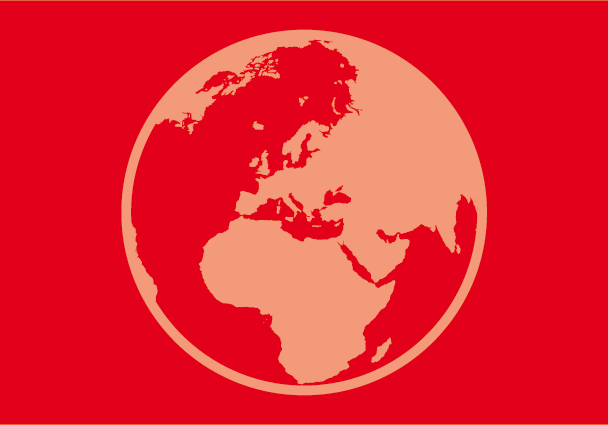At the 60th session of the United Nations Commission on Human Rights, the ICJ submitted a statement on the protection of human rights and fundamental freedoms while countering terrorism.
United Nations Commission on Human Rights
60th Session 15 March-23 April 2004
Agenda Item 17: Promotion and Protection of Human Rights
Mr. Chairperson,
I speak here today for the first time as the new Secretary General of the International Commission of Jurists.
I address this session because, for the third successive year since 11 September 2001, member states will abdicate their responsibility to ensure human rights are protected while countering terrorism. The Commission will again fail to establish even a modest mechanism to monitor the performance of states.
It is clear that all governments have a positive obligation to protect the security of people, including from terrorist acts. This has been reaffirmed by Security Council resolution 1373.
But it is the primary responsibility of this Commission to ensure that such counter-terrorism measures do not undermine the human rights law that member states have themselves painstakingly built up over 50 years.
Some of the most fundamental rights have already been violated in the pursuit of counter-terrorism efforts. These include:
- freedom from torture;
- the right to life;
- freedom from arbitrary detention;
- the right to a fair trial by an independent and impartial tribunal established by law;
- freedoms of association and expression;
- the right to asylum;
- the right to non-discrimination.
Mr. Chairperson,
The present resolution proposed by Mexico would be a positive, if very modest, step forward. Under the resolution an independent expert would assist the High Commissioner to finalise a study on whether existing special procedures and monitoring bodies can adequately assess the compatibility of national counter-terrorism measures with international human rights obligations.
This is not a mechanism. But the study should go ahead.
The conclusions, however, should already be clear. The existing UN human rights system is simply not adequate to fulfil the task.
Human rights treaties are not universally ratified and the Human Rights Committee can examine no more than 15 reports per year. Similarly, existing special procedures cannot address such an issue that touches on almost all rights, in a systematic, comprehensive and coherent manner.
The same conclusion has been drawn by the Acting High Commissioner in his report to this Commission, as well as by most of the international experts who addressed the ICJ conference on counter-terrorism and international human rights monitoring systems held in October last year.
Mr. Chairperson,
Seventy-eight organizations have now endorsed the Joint Declaration on the Need for an International Mechanism to Monitor Human Rights and Counter-Terrorism (which can be found in document E/CN.4/2004/NG0/198) adopted at our October conference. The Declaration reflects the view of most human rights advocates that core human rights standards and practices are now under severe threat.
The Commission on Human Rights is the only UN inter-governmental body competent to address this human rights crisis. If it is to have any credibility, the Commission must show it can rise to the occasion. It must tackle this most compelling human rights challenge of the day.
Thank you, Mr. Chairperson
UN Commission on Human Rights-countering terrrorism-non-judicial submission-2004 (text, PDF)

